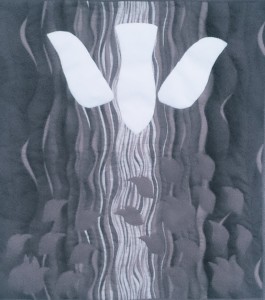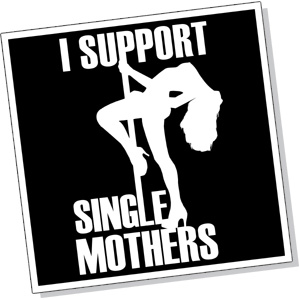I’m spending the weekend at a retreat learning how to respond to trauma. The process is called Healing and Rebuilding Our Communities, and was developed in Rwanda and Burundi, and is a method of getting in touch with our own trauma and that of others. You can read more here. Actually, I like the philosophy so much, I’m going to repost it:
- First, HROC believes that in every person, there is something good. This is a radical notion in societies where most members have witnessed neighbors and even family members committing gruesome acts of violence.
- Secondly, the program is based on the belief that each person and society has the inner capacity to heal, and an inherent intuition of how to recover from trauma. Healing from trauma requires that a person’s inner good and wisdom is sought and shared with others. It is through this effort that trust can begin to be restored.
- Third, both victims and perpetrators of violence experience trauma and its after-effects.
- Fourth, the violence in Rwanda and Burundi was experienced at both a personal and community level. Therefore, efforts to heal and rebuild the country must also happen at both the individual and community level.
- Lastly, healing from trauma and building peace between groups are deeply connected; it is not possible to successfully do one without the other. Trauma healing and peace building efforts must happen simultaneously.
As I write this, it’s only Saturday. I still have another day to go. But as I listened to stories of trauma today, and told my own, I found myself struck with the idea that we all have faced trauma. Like the old saying about life: no one escapes alive.
And I find within myself a commitment to remain open, to working towards my own healing, and towards the healing of my community.
Plus, I’m dying to look at the Hebrew Bible with this lens.











